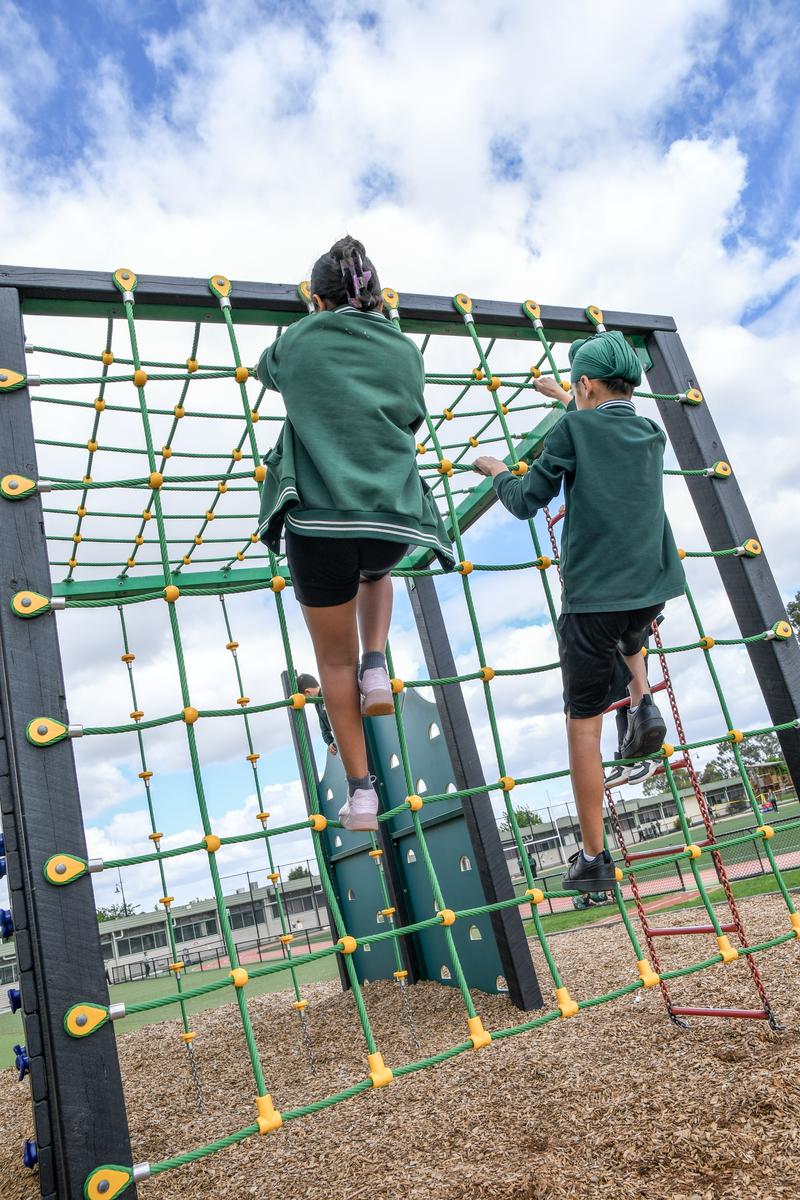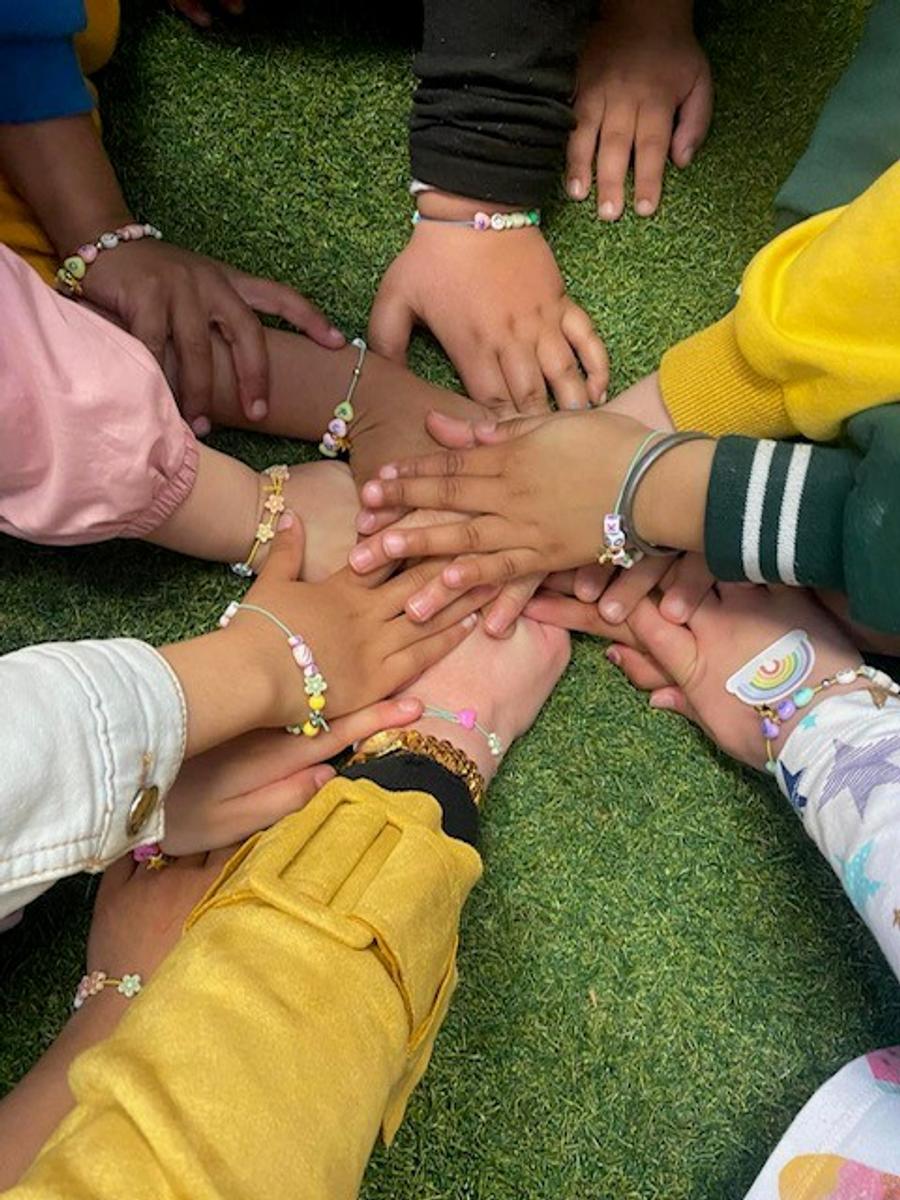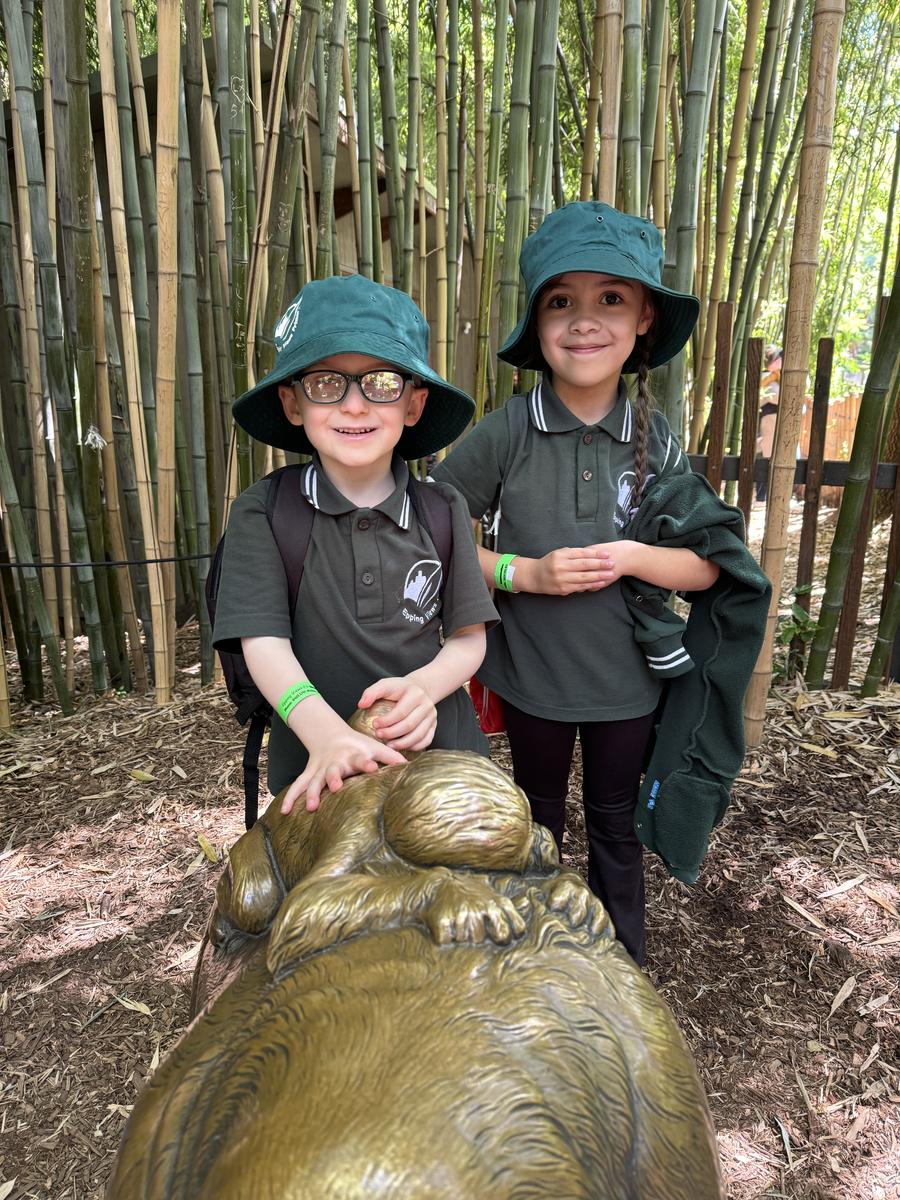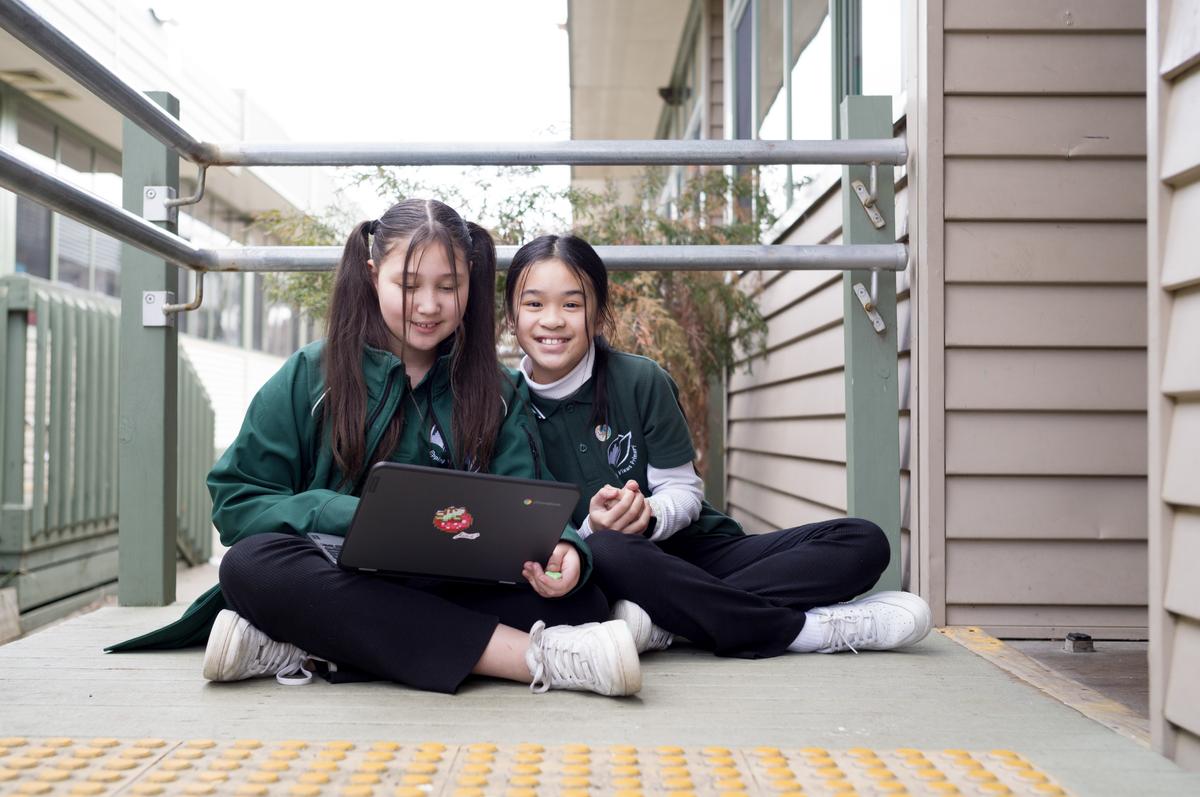Friendships - it can be complicated
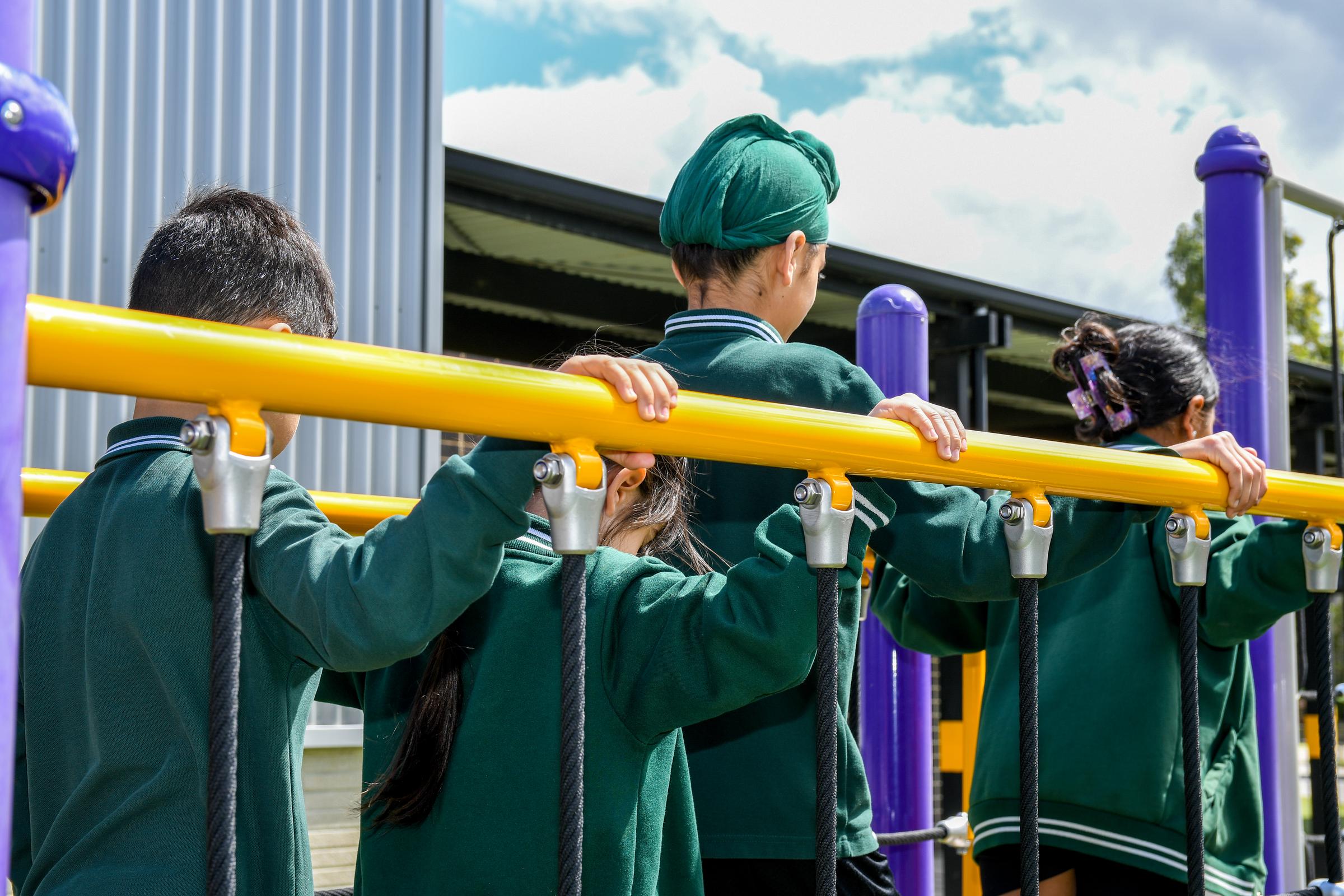
It’s almost the end of the year, how did that happen?!
As we wrap up 2024, we’d like to talk about friendships, now that students will be spending many weeks away from school and possibly missing regular contact with their friends. We know that friendships can be very mobile, but of course it varies from child to child. Some friends stick, and sometimes they fall away. But one thing seems to be constant: our children increasingly care about friends as they get older — who they are, who they aren’t, how many they have, and what to do when things go wrong.
Friendships? It [can be] complicated
Friendships are crucial for a child’s social and emotional development, providing them with companionship, support, and a sense of belonging. For parents, understanding how to support and nurture our children’s friendships at different ages is essential. Here’s how parents and caregivers can help their child build and maintain friendships at various stages.
(Note that in the suggestions below — which are broken down into age ranges — what is relevant at one stage will continue to be relevant as children get older. It’s not a matter of focusing on and then discarding certain values or approaches if they only appear under one age range; rather it’s important to build on them as the years pass, and parents can reinforce these key aspects and remind children across the years about how to behave within friendship, particularly about respect, empathy, the sorts of qualities they value in a friend, what the dealbreakers might be, and what are the best ways to resolve conflict.)
Little ones, 3-5 years old
At this age, children are just beginning to form friendships. They often play alongside peers rather than with them, and their friendships are usually based on shared activities and proximity. Often their friends are the children of the adults that their parents are friends with, or children in a playgroup from babyhood, or other children in the wider family. Once they start kindergarten or school, they might independently start to form friendships, but still may play alongside rather than interact with any great depth.
What you can do
Organise playdates: Arrange regular playdates with children of similar age. This helps your child practise their social skills in a familiar and controlled environment.
Teach sharing and turn-taking: Use playtime to teach your child the importance of sharing and taking turns. These skills are fundamental for building positive interactions with peers.
Model positive social behaviour: Demonstrate how to greet friends, express gratitude, and resolve conflicts calmly. Children learn a lot by observing their parents.
6-8 years old
Children in this age group start to develop more complex friendships. They begin to understand the concepts of loyalty and empathy, and their friendships are often based on mutual interests.
What you can do,
Encourage group activities: Involve your child in group activities like sport, clubs, or group projects. These settings provide opportunities to make new friends and learn about teamwork.
Discuss friendship qualities: Talk to your child about what makes a good friend, the sorts of things they like and the sorts of things they don’t like. Discuss qualities like kindness, honesty, and respect, and encourage them to look for these characteristics in their friends. You might choose to also talk about what might make them not want to spend time with another child, especially if you’ve noticed they might complain or be negative about a particular child. It’s important for parents to try to listen to their child when this happens, and not brush it off, especially if it persists. But sometimes too, it might be a case of your child behaving in a way that their friends don’t like. Gently correcting any negative behaviour in a respectful and private way can help them identity that it might be their own actions that need adjustment. This can be challenging for parents as often we have our ‘offspring goggles’ on, but children will have a worse time of it overall if they’re raised without an understanding that their friends — and their likes and needs — are as important as their own. This can be a hard lesson for children and depending on their maturity, 7 or 8 might still be too young for them to fully grasp, but these conversations can begin now. As well, this a conversation that can be ongoing, as they grow up and through the teen years.
Support problem-solving: When conflicts arise, guide your child in finding their own solutions. Encourage them to express their feelings and make sure they listen to others, which assists with them building effective communication skills. Encourage them to use the ‘I’m feeling x’ approach, whereby they express their feelings rather than being accusatory of the other person.
9-12 years old
As children approach adolescence, their friendships can become even more significant and complex. They start to value trust and loyalty more deeply and may experience peer pressure for the first time. And as friendships shift and change, or end, it can cause them to be more hurt and upset than when they were younger. This might be because they’re entering puberty (or in full flight) and their moods may be swinging a little. As they get older and begin to head towards the teenage years, their feelings can just continue to become BIGGER.
What you can do,
Promote open communication: Encourage your child to talk about their friendships with you if they like (but try not to pry; they have a right to privacy!). It’s important to show them that you’re happy to listen to any challenges they face. This helps you stay informed and then you can offer guidance when needed.
Teach conflict resolution: Equip your child with strategies to handle disagreements. Role-playing different scenarios can help them practise resolving conflicts in a healthy way.
Encourage inclusivity: Teach your child the importance of inclusivity and empathy. Encourage them to befriend children who might be different from them and to stand up against bullying. At the same time, it’s important for them to know, though, that they don’t have to be friends with people they really don’t want to. Forcing children to be friends is counter-productive, and sometimes the line between being inclusive and forced friendships can be thin. Generally speaking, we won’t like everyone, we won’t agree with everyone and we don’t have to be friends with everyone either. That just doesn’t happen in the world. Everyone deserves respect, and sometimes that means leaving someone alone, and not getting in their face
Encourage kindness: Working out what this means with your child will vary from family to family, but the basics are the same everywhere: don’t be mean, don’t tease, don’t make fun of, don’t hurt others.
Parents have a crucial role in helping their children learn about how to make (and keep) friends, and how to build strong, healthy relationships of all kinds later in life. Supporting your child in navigating friendships not only enhances their social skills, but also contributes to their overall emotional well-being.
Further reading
How to Help Kids Navigate Friendships and Peer Relationships
Helping Children Make Friends: What Parents Can Do
Adolescent Friendships and Relationships: When Parents Should Step In
Can Parents and Children Be Friends? - this article from Psychology Today explores the dynamics of parent-child friendships and how parents can balance being a friend and a parent

